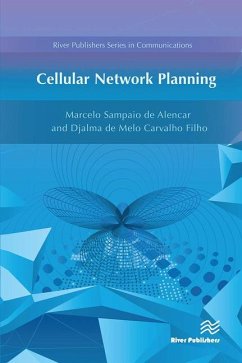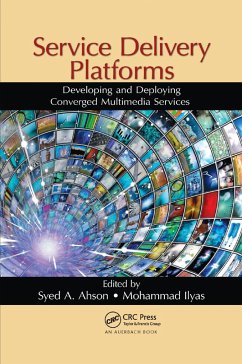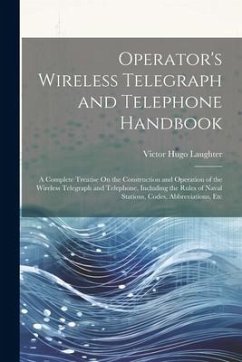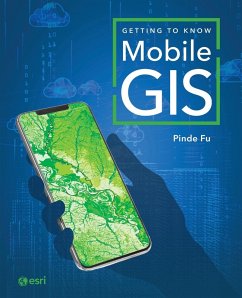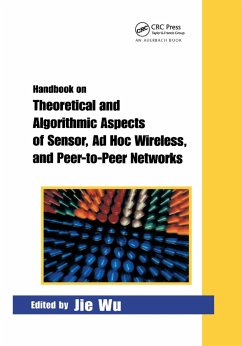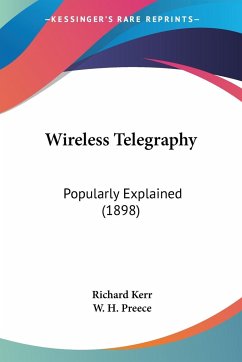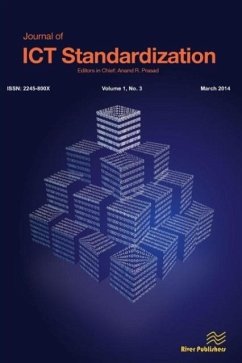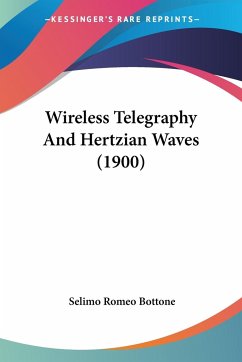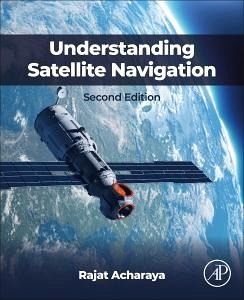
Understanding Satellite Navigation
Versandkostenfrei!
Versandfertig in über 4 Wochen
136,99 €
inkl. MwSt.
Weitere Ausgaben:

PAYBACK Punkte
68 °P sammeln!
Understanding Satellite Navigation, Second Edition presents the foundational principles of satellite navigation technology with the bare minimum of mathematics and without resorting to complex equations. By emphasizing first principles, the book guides readers through each concept using practical demonstrations and fully worked examples, allowing theory to emerge organically. A comprehensive suite of MATLAB simulations illuminates how signals and systems respond to different configurations, transforming abstract ideas into visible, interactive models. Implementation strategies and real-world a...
Understanding Satellite Navigation, Second Edition presents the foundational principles of satellite navigation technology with the bare minimum of mathematics and without resorting to complex equations. By emphasizing first principles, the book guides readers through each concept using practical demonstrations and fully worked examples, allowing theory to emerge organically. A comprehensive suite of MATLAB simulations illuminates how signals and systems respond to different configurations, transforming abstract ideas into visible, interactive models. Implementation strategies and real-world applications are woven throughout, alongside in-depth treatments of special topics such as Space Weather, the Kalman Filter, and ionospheric dynamics.





